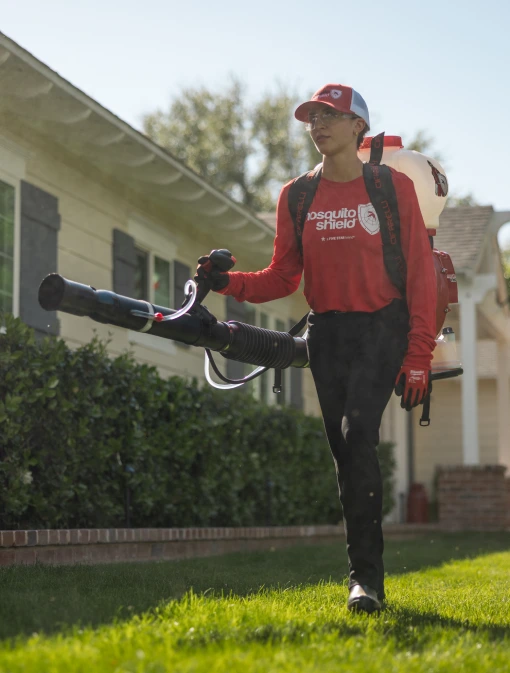Experience relaxation and peace in your Potomac Falls backyard with our proven mosquito control solution. Trusted by families in Potomac Falls, our innovative approach not only repels mosquitoes but also establishes a durable barrier customized to your outdoor environment. Mosquito Shield of Dulles, VA is dedicated to creating mosquito-free zones, so you can enjoy your outdoor spaces without interruption.
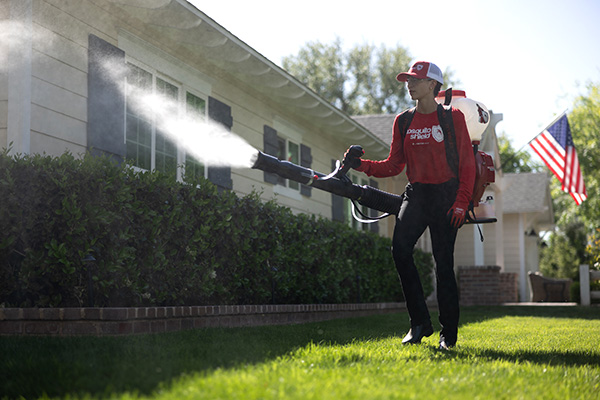
Effective mosquito control in Potomac Falls, VA, that drives mosquitoes away and keeps them out of your yard.

Enjoy mosquito-free outdoor time in Potomac Falls with treatments designed to provide lasting results.
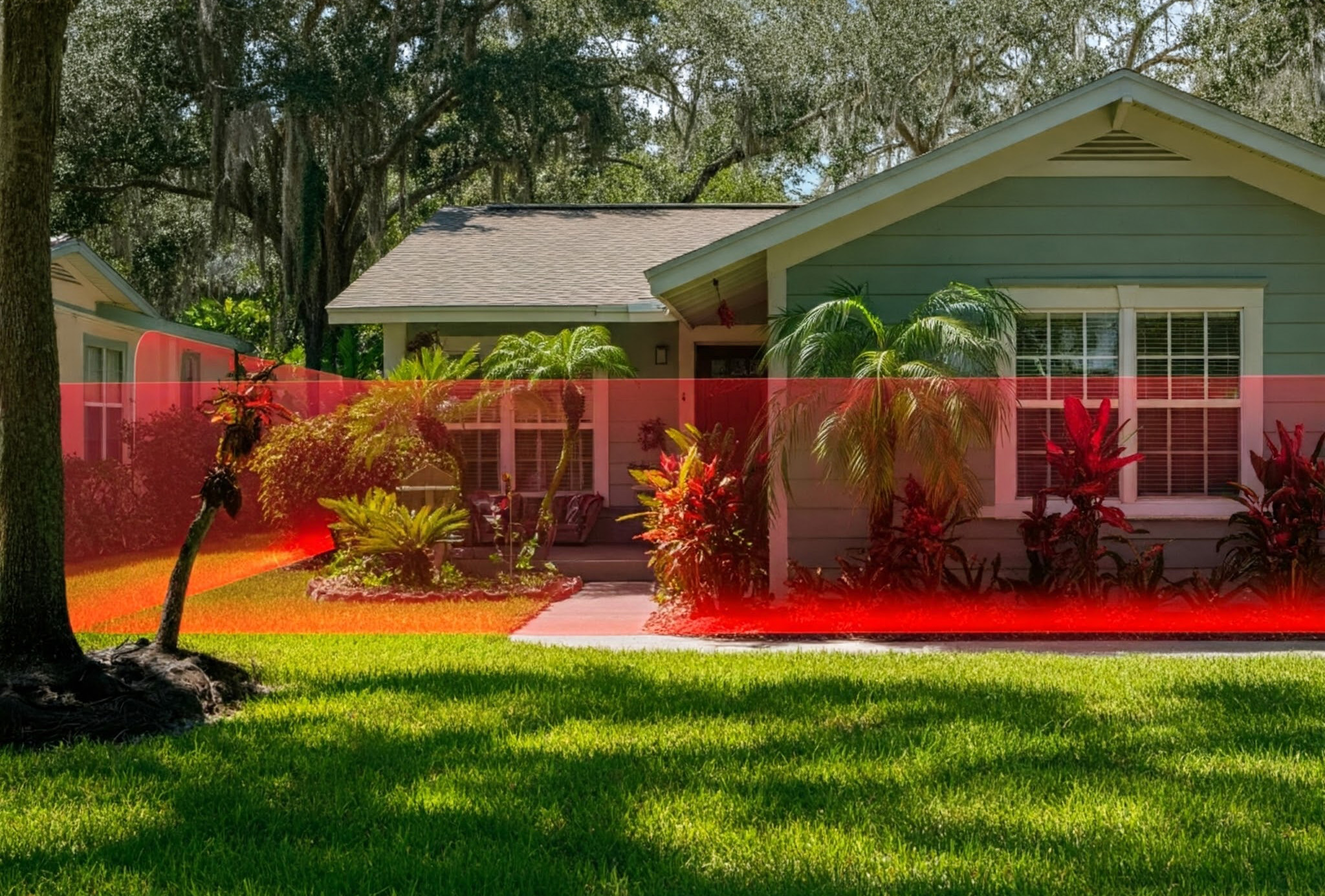
Highly rated mosquito control services in Potomac Falls, trusted by residents to enhance outdoor living.

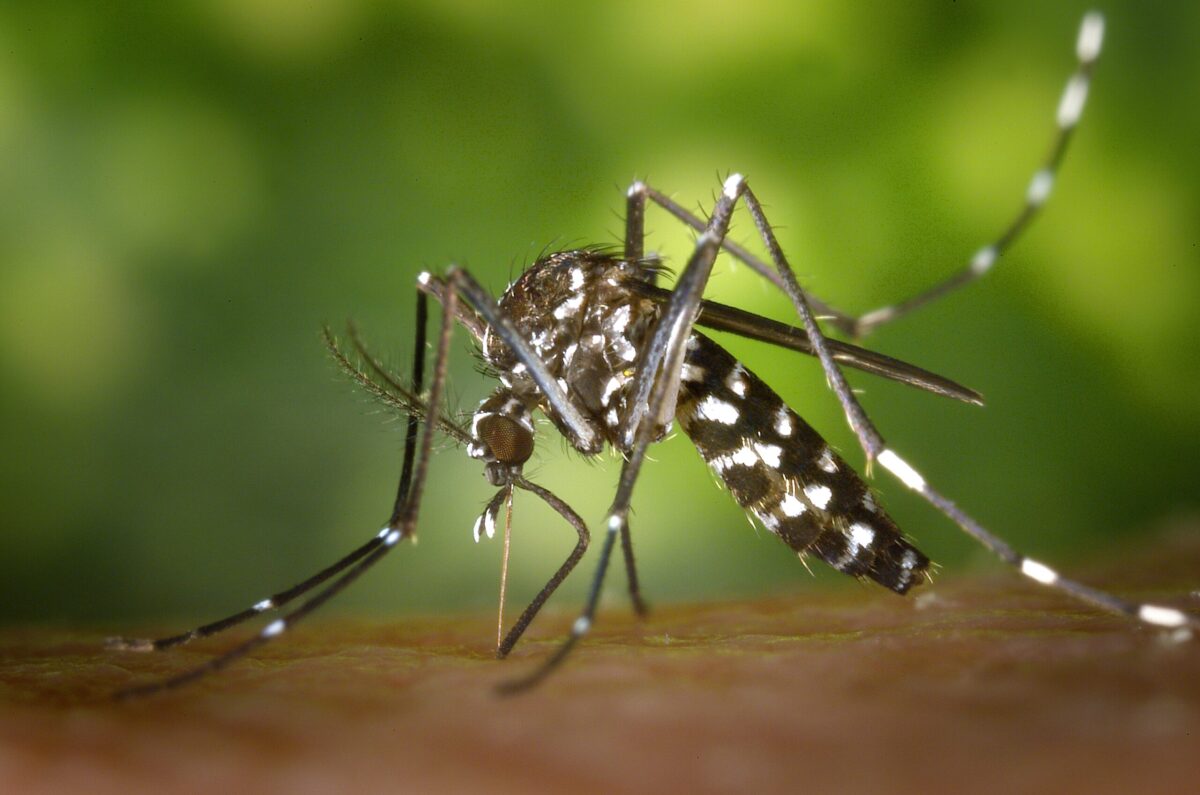
Identification: Black with a stark white stripe running down its back and white bands on the legs. Habitat: Thrives in shaded residential areas of Dulles, particularly near mulch beds, containers, flowerpots, and clogged drains. Behavior: Aggressive daytime biter, especially around ankles. Health Risks: Known to carry West Nile virus, dengue, Zika, and chikungunya.
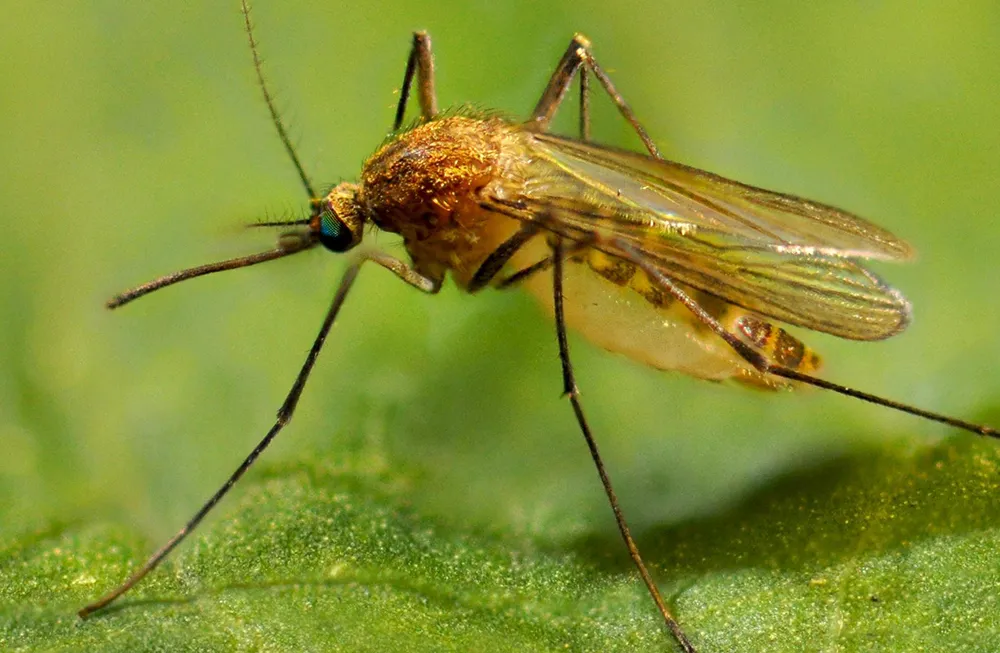
Identification: Light brown with slightly darker bands on the abdomen. Habitat: Common near standing water sources like birdbaths, storm drains, retention ponds, and poorly drained yards. Behavior: Nocturnal biter; often enters homes during warmer months. Health Risks: Primary vector of West Nile virus in Northern Virginia.
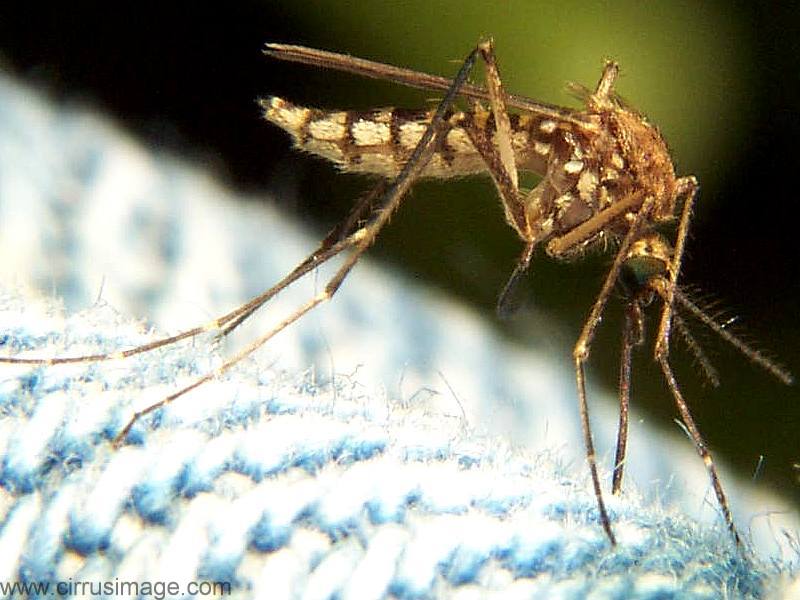
Identification: Brownish mosquito with white banding on the legs and abdomen. Habitat: Abundant after heavy rains in Dulles—particularly around floodplains, wet grasslands, and roadside ditches. Behavior: Fierce biter at dusk and during humid evenings. Health Risks: Not a major disease carrier but causes itchy, persistent bites.
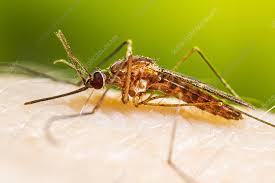
Identification: Medium-sized with four dark spots on each wing; rests at a 45-degree angle. Habitat: Prefers clean, slow-moving water near wooded edges and lowland swamps in the region. Behavior: Most active at dawn and dusk. Health Risks: Historically linked to malaria; now primarily a nuisance with itchy bites.
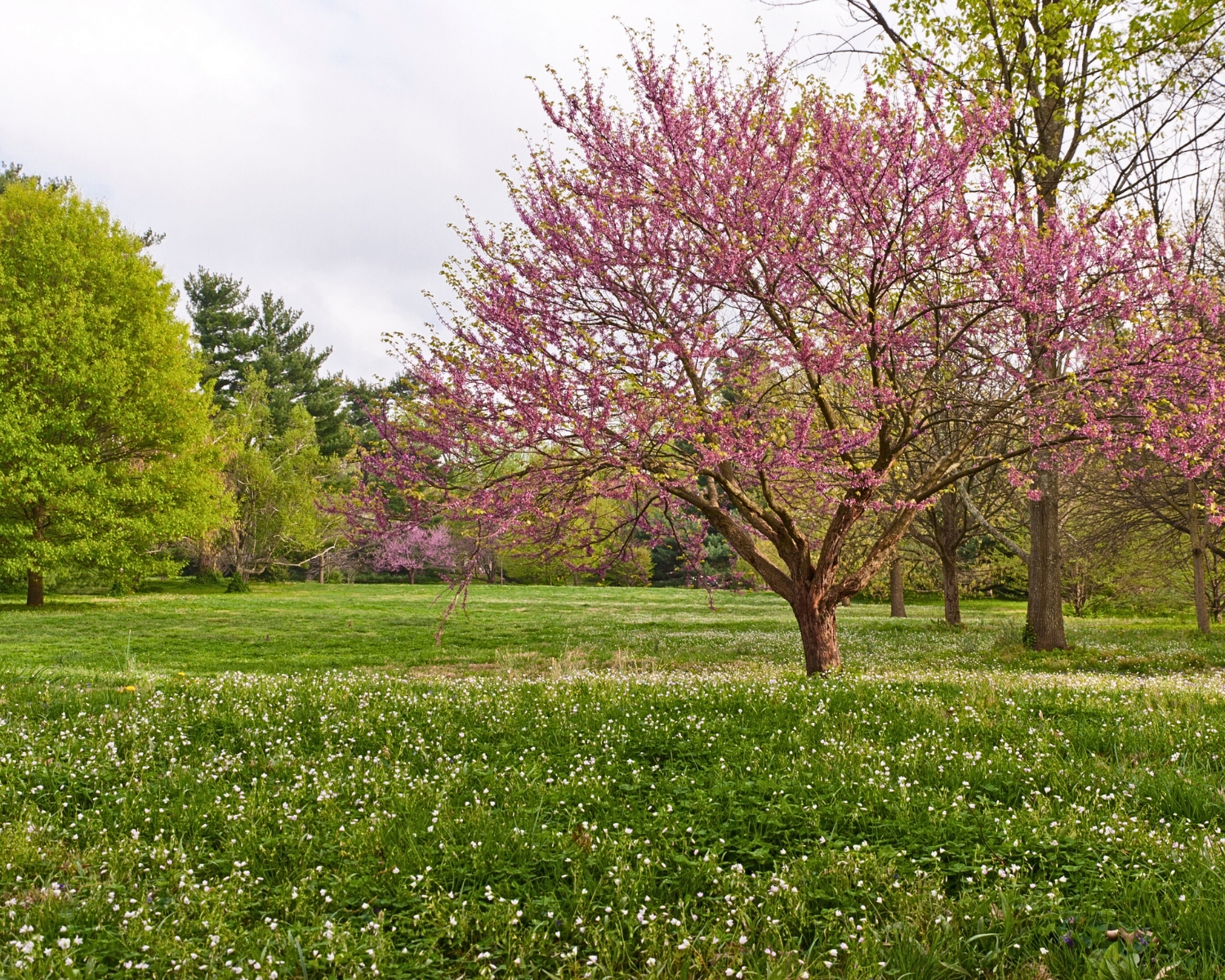
Key Activity: Mosquito activity emerges with rising temps and spring rainfall. Breeding: Pooled water from downspouts, patio containers, and clogged gutters becomes a major concern. Common Species Active: Aedes albopictus and Culex pipiens begin showing up. Behavior: Biting increases steadily—especially near damp areas and during twilight.

Key Activity: Peak season for mosquito populations in Dulles. Breeding: Backyard puddles, retention basins, and shaded garden pots support rapid breeding. Common Species Active: Aedes albopictus, Culex pipiens, and Aedes vexans. Behavior: Expect bites day and night, especially after summer thunderstorms or heatwaves.
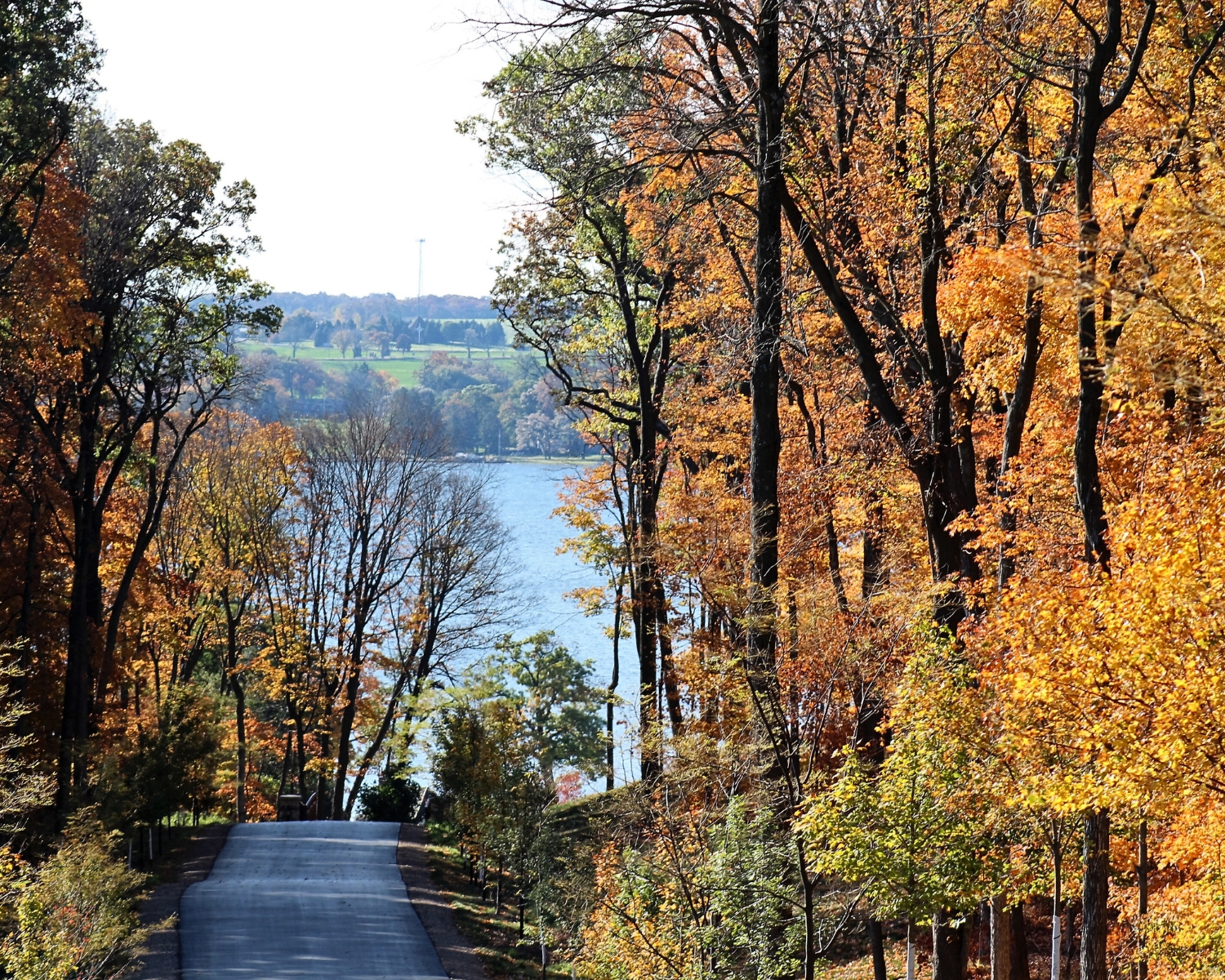
Key Activity: Activity slows but doesn’t disappear until consistent frost. Breeding: Yard runoff and rain-filled containers still encourage some breeding. Common Species Active: Primarily Culex and Aedes species. Behavior: Bites persist during warm afternoons or mild evenings.
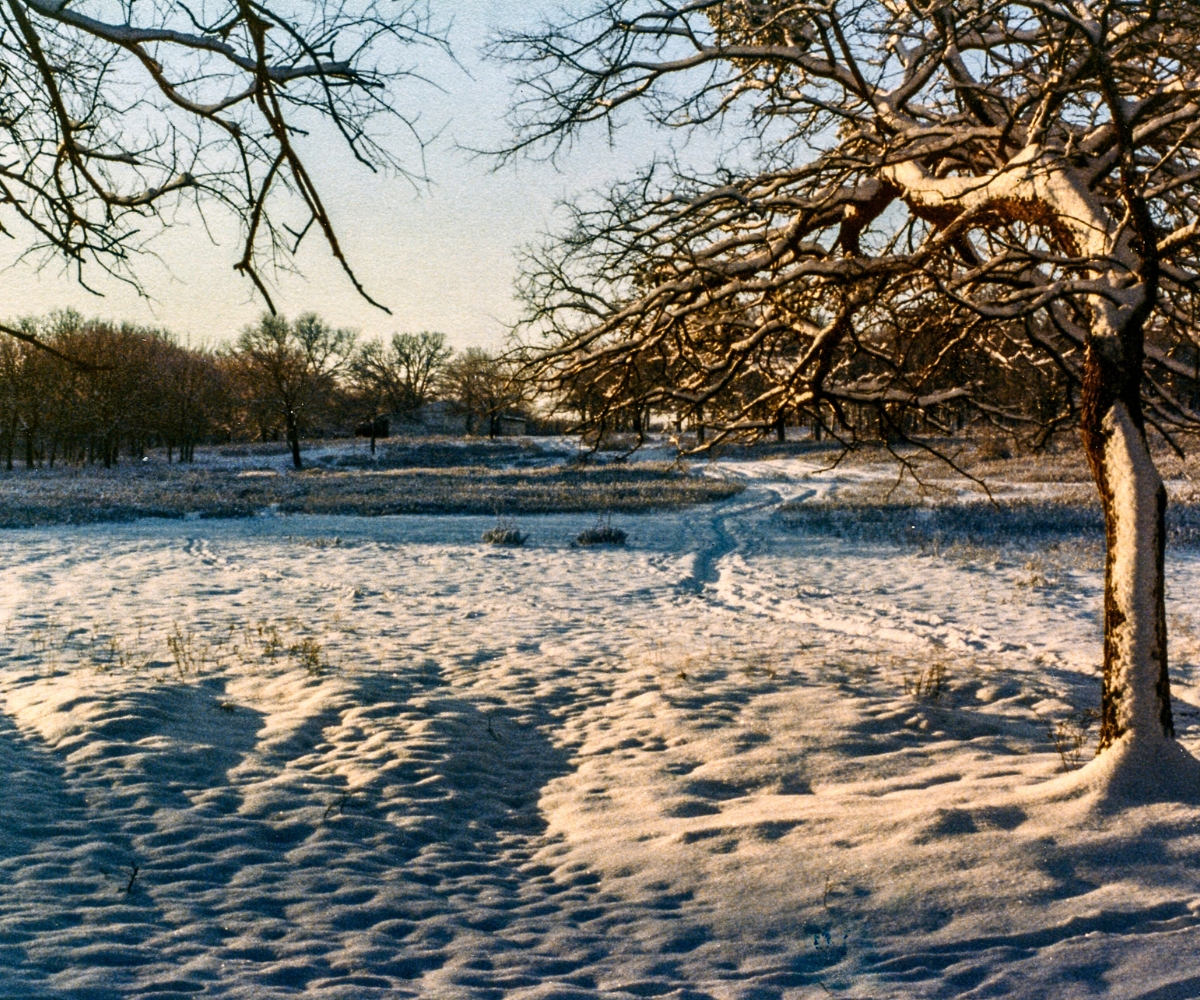
Key Activity: Low activity, but mosquitoes aren’t gone entirely. Eggs: Aedes eggs remain dormant in dry locations—ready to hatch come spring. Adults: Culex adults can overwinter in basements, sheds, and crawlspaces. Behavior: Activity may spike briefly during warm spells, especially after rain.
Potomac Falls, Virginia, is a picturesque community nestled along the Potomac River in Loudoun County. Known for its scenic beauty, well-planned neighborhoods, and easy access to the Potomac Heritage Trail and Algonkian Regional Park, the area offers residents a perfect blend of suburban peace and outdoor recreation. However, Potomac Falls’ proximity to riverbanks, wooded trails, and natural wetlands also makes it a prime habitat for mosquitoes and ticks during the warmer months.
Residents in Potomac Falls face seasonal risks from mosquito-borne illnesses such as West Nile Virus and Zika Virus, as well as tick-borne diseases including Lyme disease and Rocky Mountain Spotted Fever. With outdoor spaces playing such an important role in everyday life, proactive mosquito and tick treatments are crucial to helping residents enjoy their surroundings without unnecessary discomfort or health concerns.
To reduce exposure and limit insect activity around the home, residents are encouraged to:
Eliminate stagnant water sources in items like planters, tarps, and playground equipment.
Apply insect repellent and wear long clothing when walking along trails or near water features.
Schedule recurring mosquito and tick treatments for residential lawns and recreational areas.
Loudoun County’s Division of Environmental Health conducts routine mosquito surveillance and offers public education efforts aimed at reducing mosquito populations in areas like Potomac Falls.

Potomac Falls experiences hot, humid summers and cool, damp winters, creating an extended mosquito and tick season that stretches from mid-spring through late fall. The region’s natural proximity to the Potomac River, plus consistent rainfall and shade from mature tree cover, provide ample opportunities for mosquitoes to breed and for ticks to thrive in grassy or wooded areas.
Key Factors Influencing Pest Activity:
Mosquitoes and River Proximity: The nearby Potomac River, along with local retention basins and low-lying areas, can lead to increased mosquito activity following seasonal rains.
Ticks and Wooded Greenbelts: The neighborhood’s many shaded trails, mulched areas, and dense tree lines give ticks ideal habitats throughout the year.

